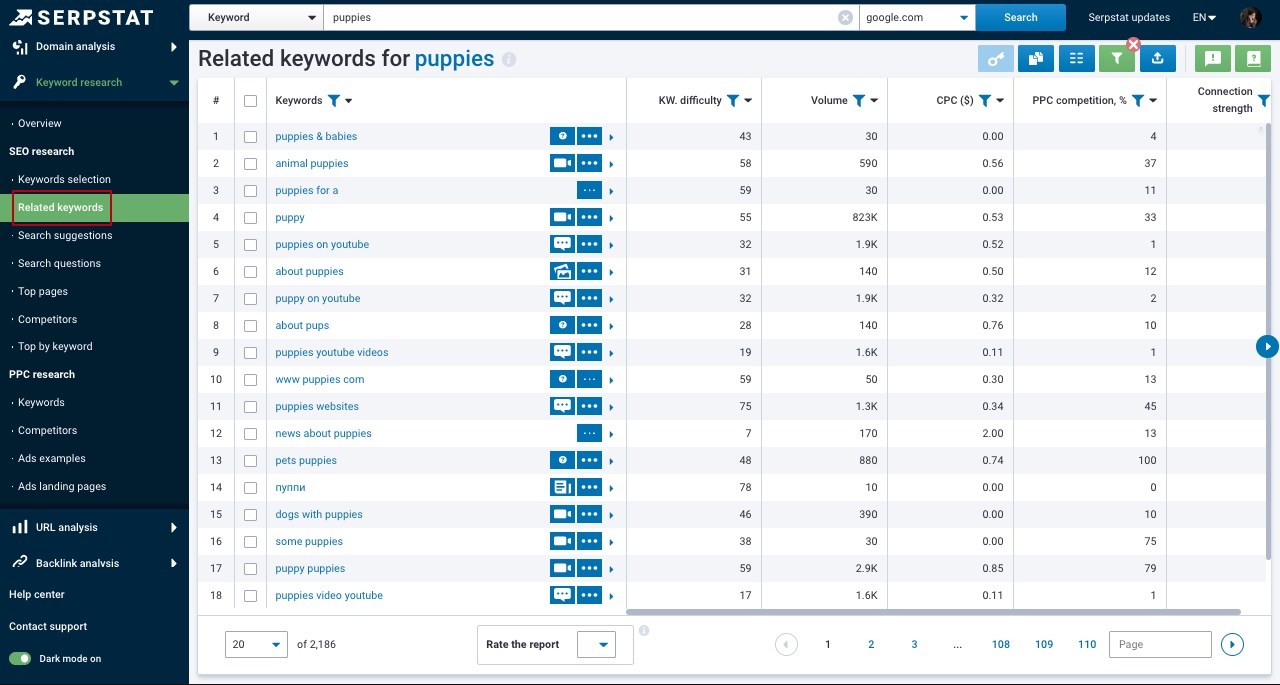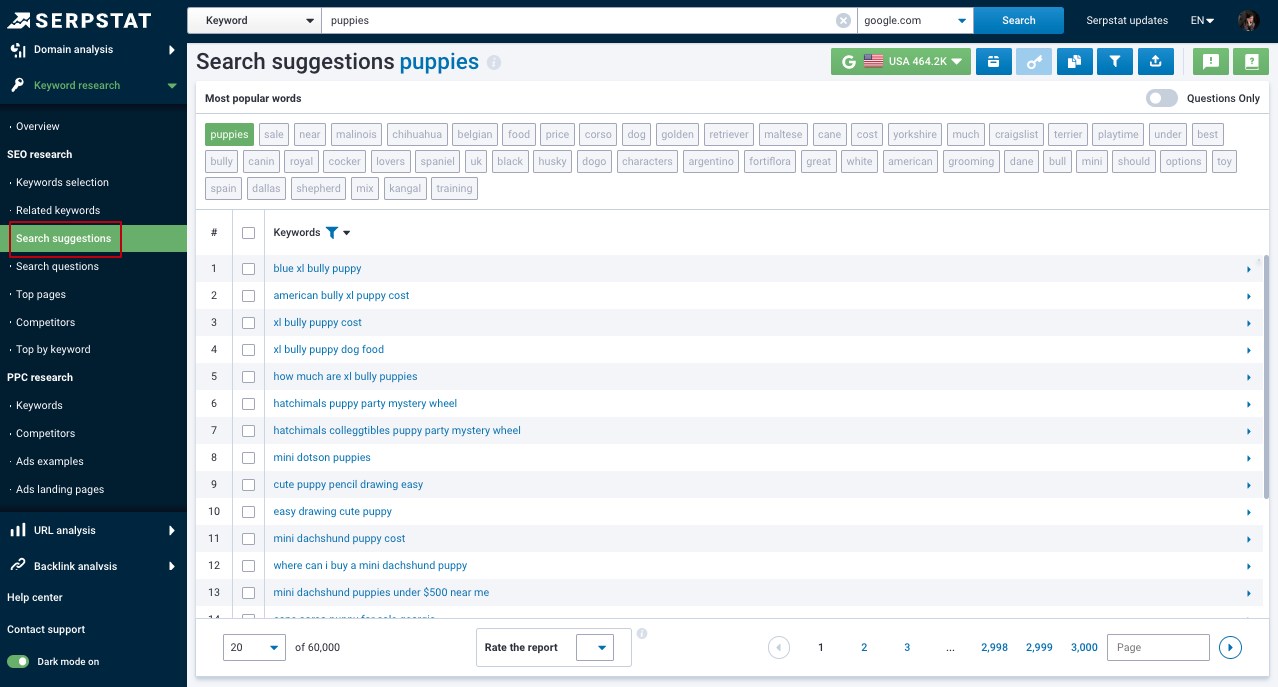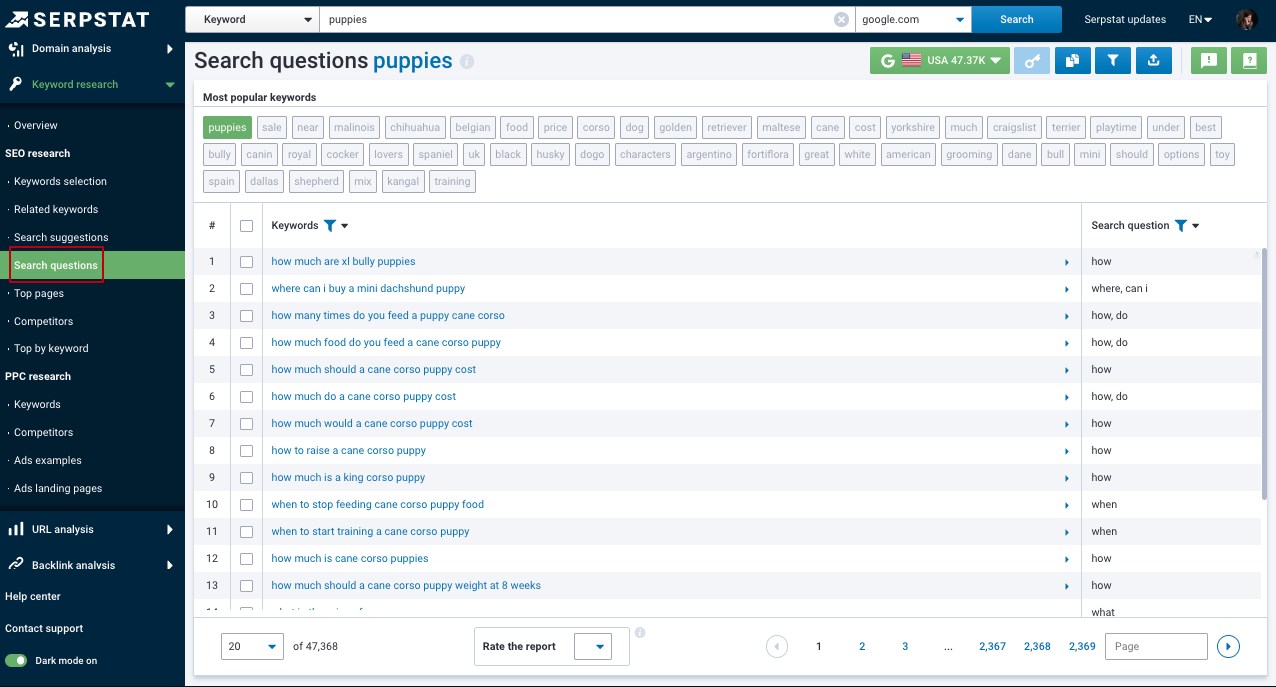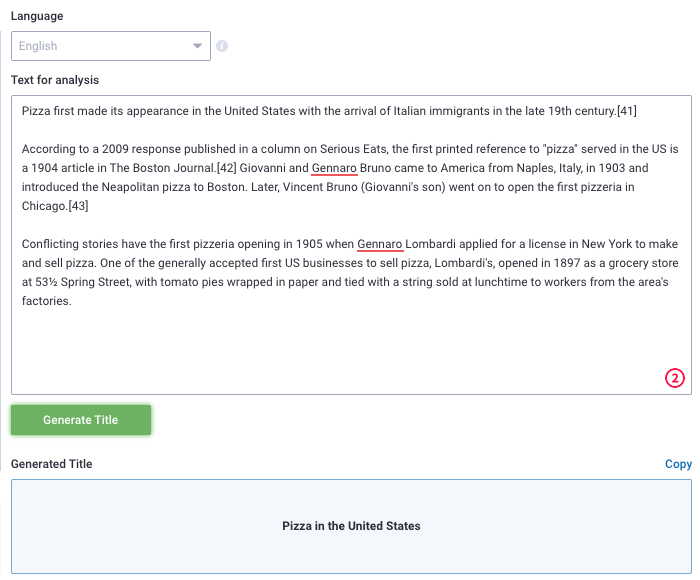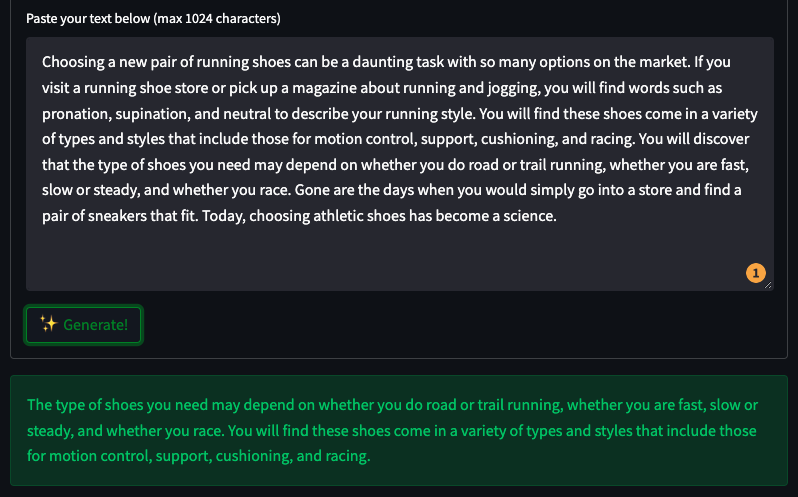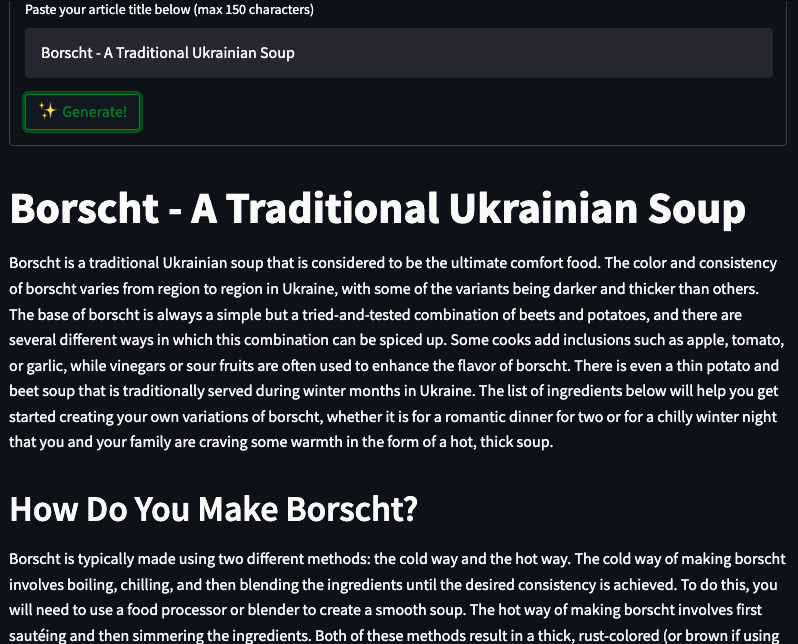Five Ways to Build Trust With Your Audience via Content Marketing

That's why trust is a crucial element of content marketing. While this isn't ground-breaking news, it's essential to understand how to leverage the power of your content to build trust with your audience, and why it's necessary.
If you're looking to grow your business with content marketing, this article will get you up to speed on how to use content marketing to build trust with your audience and inspire sales. We'll also include tips for creating quality content to help you engage with your audience.
Top Five Types of Content Marketing
1. Educational Content
2. Expert Content
3. Curated Content
4. Conversational Content
5. Promotional Content
Five Strategies for Building Trust with Content Marketing
1. Create Relevant Content
2. Provide Valuable Information and Expertise
3. Engage with Your Audience
4. Be Authentic
5. Don't Forget About Transparency
Recap
Why Is It Important to Earn Audience Trust?
When we trust someone, we feel safe and secure. In business, this translates to customers buying from you more often because they know they can count on you to deliver on your promises. If they trust you, they'll be more likely to purchase from you, even when they have other options available. In fact, Salsify found that 46% of consumers say they would pay more to buy from brands they trust.
On the other hand, a lack of trust can destroy your business. If customers see you as a brand they cannot trust, they will avoid making purchases with you. According to Adobe, 71% of consumers will stop buying from a brand if trust is broken.
So, if you want to build a loyal following of customers who will return repeatedly, you need to learn how to create engaging content to earn their trust.
Top Five Types of Content Marketing
There are five main types of content you can use to build trust with your audience: educational, expert, curated, conversational, and promotional. Each type has its own guidelines and serves a slightly different purpose. Apart from that, your content marketing strategy should also include the types of content that are best for SEO.
The first step to creating compelling content is to know which type you should use to achieve your desired outcomes. So, let's take a closer look at each type of content marketing.
1. Educational Content
One of the most commonly used types of educational content is "how-to" content. It's about giving people actionable instructions to improve their lives or businesses. It could be as simple as making a short blog post on gluten-free brownies or as complex as a long eBook on creating an online business from scratch. The key here is that this type of content must show your reader how to solve their problems step by step.
2. Expert Content
- blog posts;
- eBooks;
- reports;
- testimonials and interviews from industry leaders;
- infographics, and many more.
Expert content helps you establish yourself as an authority in your industry. The goal of expert content is to provide valuable information to your audience so they can learn something new and use this knowledge to make better decisions.
3. Curated Content
Curated content includes lists, excerpts, or slideshows of valuable articles and blog posts. It can also include images, videos, or infographics that provide value to your audience.
You can use curated content to:
- Open a conversation with your readers on trending topics.
- Never run out of content to publish on your social media platforms or other marketing channels.
- Reduce the costs of original content creation.
- Connect with your audience over topics that matter to them but aren’t necessarily related to what you sell.
4. Conversational Content
The goal of conversational content is not to sell, but rather to inform and build trust with your readers. This type of content works because it resonates with your customers and reflects the way they talk to themselves. It encourages readers to interact with your brand and offers the information they want to read.
Conversational content can come from blog posts, videos, podcasts, or live-streaming. You can also use it to answer questions from customers directly or offer advice on common problems faced by your target audience.
5. Promotional Content
While this type of content can be used as a way to sell, it should instead focus on educating customers about the products and services you offer. Promotional content can include:
- Reviews & testimonials: Reviews are a great way to share expertise and build credibility with potential customers. In addition to the standard review format, you can also offer video reviews or customer testimonials.
- Social media posts in the form of photos and videos: Photos and videos help drive sales because they're easy to digest and help your audience visualize what your product looks like and how they will be able to use it once they have it in their hands.
- Newsletters: They help drive sales because they're personalized and relevant, making them feel like a trusted source of information for your customers. A newsletter could include tips on how to use your product or services, upcoming events, discounts, special offers, etc.
Five Strategies for Building Trust with Content Marketing
We’ve prepared a detailed overview of 5 effective content marketing strategies you can implement right away to start building trust with your audience.
1. Create Relevant Content
In addition, if you want your content to rank in Google, you need to pay attention to relevance. This is crucial in determining which pages rank high in Google search. Google uses several factors to determine the applicability of the content. These include the text on your page, title tag, meta description, keywords, and how these elements are linked together.
So, how do you create relevant content? There are a few things you need to consider.
- Figure out search intent
1) Content type: What’s the most common content type for this keyword?
2) Content format: What’s the most common format for this keyword?
3) Content angle: Is there a common denominator that connects the highly-ranking forms of content? For example, are they all aimed at beginners? Or maybe they’re all very recent?
To illustrate this, let’s assume that you want to write a blog article on “best strategies for content marketing.” After typing this keyword in Google search, these are the results we get:
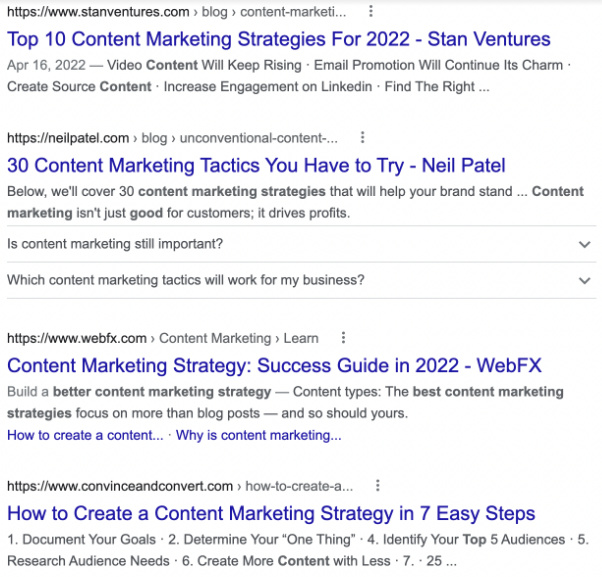
1) Content type: Blog articles.
2) Content format: Listicles.
3) Content angle: Fresh content aimed at beginners (mostly from 2022).
Based on this analysis, we can see that the best way for us to rank high in Google for this keyword is to write a blog post in the form of a listicle of the most relevant content marketing strategies in 2022.
- Analyze what people search for
- Look for the most common subheadings under the keyword you’ve typed into the Google search bar.
- Conduct keyword research for common subtopics using a keyword research tool, such as Serpstat.
This service offers a lot of different reports, for example:
- The "Related Keywords" report represents all search queries that are semantically related to the searched keyword. This is where you can check and use new variations of the queries.
- The "Search Suggestions" report shows the queries offered to users under the search bar.
- The "Search Questions" report is where you can see all question forms of search suggestions. These are questions that include a selected keyword that users are looking for an answer to.
This information can give you ideas about what kinds of posts people want to read.
- Build topic clusters
This is important because topic clusters help search engines understand what your site is about. When each page on your website focuses on just one topic or idea from start to finish, Google can do its job better and provide relevant results when people search for those topics in its search engine results pages (SERPs).
- Include relevant links
You should include link-building as part of your content marketing strategy. Always include internal links to your existing content and external links that are relevant to your writing and can help your audience better understand what you're talking about.
2. Provide Valuable Information and Expertise
- Target your audience’s needs
For example, if you’re targeting small business owners who want to grow their companies, then content around marketing automation, social media strategy, and inbound marketing could be helpful.
- Be authoritative
You can do this by sharing your expertise with confidence and authority — but not arrogance or conceit! If you don’t sound like an expert, people won’t think that what you have to say matters much anyway. The most effective content is written by an expert with a unique perspective on the topic they’re writing about.
You can use this authority to build trust with your audience by sharing stories from your own experience or expertise instead of merely regurgitating what other companies are saying.
- Be informative and comprehensive
Remember that your content should help your audience solve problems, answer questions, or offer valuable insight into an industry or topic that's important to them. In addition to providing practical information, consider sharing expert opinions on topics relevant to your audience's interests.
What's more, ensure your content is easy to understand and digest. Avoid jargon and corporate terms that your audience may struggle to understand. Always use your audience's language, no matter what type of content you create — whether it's a blog article, a video, or an Instagram post. This will help them resonate more with your content and generate more trust.
- Be readable and provide actionable tips
Make your content conversational and easy to read so that people feel comfortable reading it. Don't write like you're selling something! Instead, write like you're talking to a friend over coffee. This feels more personal and will make your readers feel like you genuinely care about them.
- Broaden your reach
You can implement many content promotion strategies without having to invest thousands of dollars into paid advertising. You don't have to be a Fortune 500 company with millions of dollars in the advertising budget. Content marketing allows you to compete with more prominent brands by leveraging the power of social media, email, and other digital platforms. One of the best ways is to repurpose your content and post it on multiple social media platforms.
For example, if you've created an infographic as part of your blog post, you can repurpose it into a Pinterest graphic. Or, if you've made a YouTube video, you can turn it into a podcast episode. The more channels you distribute your content to, the more opportunities there are for someone else to discover and share it with their friends or followers.
3. Engage with Your Audience
So, if you're not engaging with your audience, you're missing out on a golden opportunity to increase brand awareness and build trust. Here are four tips you can start implementing to boost your audience engagement.
- Write catchy headlines
Your headline should be descriptive enough, so readers can tell what they're going to get out of it — but also mysterious enough to catch their attention and make them want to know more. You should also avoid clickbait. This means that your headlines should match up with your content's delivery so that readers aren't disappointed after reading them.
If you are looking for tools that will facilitate the processes of content creation and analysis, you should not miss Serpstat content tools based on Artificial Intelligence.
For example, the Description Generation tool analyzes a fragment of the text from the page of your site and composes a description according to the requirements of search engines and the analysis of competitor pages in the search results.
- Include calls-to-action
Don't let your readers walk away without telling them what to do next! If they've already invested their time into reading or watching your content piece, they're genuinely interested in what you have to say. So, don't limit yourself to just sharing information — tell people what you want them to do with it!
- Ask questions
In addition to that, asking questions can help you find out what your audience is thinking. Once you've asked a question, you can use your audience's answers to create more content.
- Be specific and concise
The truth is that your readers aren't going to read something vague, lengthy, or tedious. What's more, most people will only read your content if it entertains them, educates them, or informs them about something that matters. So, keep your content pieces simple, specific, and concise!
4. Be Authentic
Many brands try too hard to come across as professional and authoritative. So much so that they forget to show their human side. And that’s exactly what makes your customers feel like they know you better than just another company or brand out there!
5. Don't Forget About Transparency
Recap
However, it's important to remember that trust builds over time through regular interactions and great transparency. This is especially true when it comes to content marketing because you'll need to create and execute a consistent plan.
Remember, the more value you can provide to your audience through content, the more trust you're likely to develop :)
Speed up your search marketing growth with Serpstat!
Keyword and backlink opportunities, competitors' online strategy, daily rankings and SEO-related issues.
A pack of tools for reducing your time on SEO tasks.
Discover More SEO Tools
Text Analysis Tool
Unlock the power of your text data with our advanced Text Analytics Tools
AI Content Detection
Ai Content Checker – realize if the text is AI-generated
AI Text Generator
Try our AI Content Writer tool and streamline your content creation process
AI Content Tools
AI Content Marketing Tools – simplify and optimize the content creation process
Recommended posts
Cases, life hacks, researches, and useful articles
Don’t you have time to follow the news? No worries! Our editor will choose articles that will definitely help you with your work. Join our cozy community :)
By clicking the button, you agree to our privacy policy.

